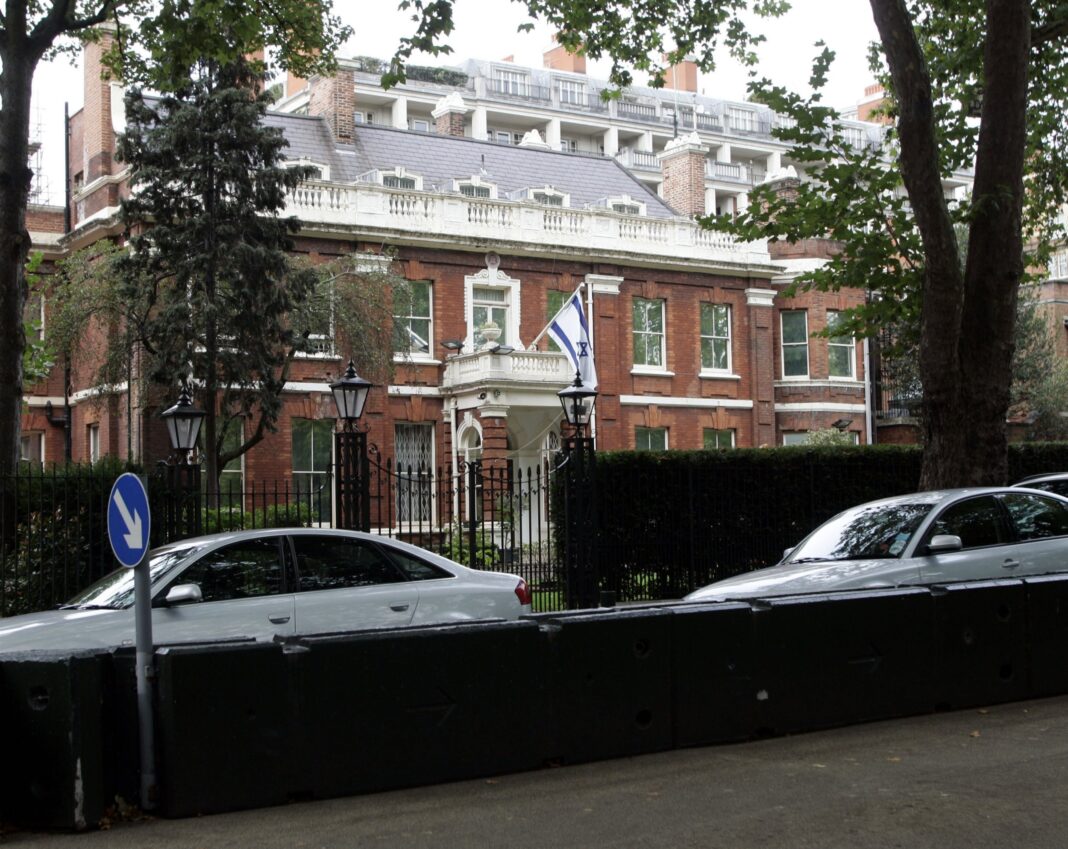Gary Lineker has announced that this Sunday will be his final show as a BBC presenter. After 30 years of service, he’s stepping down—not out of scandal, incompetence, or political radicalism, but because he opposed Israel’s barbaric ongoing genocide in Gaza.
In his own words:
“Last week I shared a post that contained an emoji that has awful connotations. I didn’t see it. If I had, I would never, ever have shared it… I quickly deleted it and made an apology. It was a genuine mistake. But I should have been more diligent… I’ve stood up against racism all my life, including antisemitism, which I abhor.”
This isn’t the story of a disgraced celebrity. It’s the story of how power punishes those who speak moral truth—especially about Palestine. And it’s the story of a media system so compromised that it now prioritizes ideological loyalty to a foreign state over factual reporting, public sentiment, and even its own humanitarian principles.
The Inversion of Morality
Let us call this moment what it is: an inversion of reality, a moral collapse. The people who speak out against the slaughter of Palestinian civilians are the ones being fired, smeared, and dehumanized. Meanwhile, those defending Israel’s atrocities are rewarded with airtime, influence, and impunity.
Gary Lineker—an ex-footballer, a sports presenter, a man who said, “I cry regularly seeing images of mutilated children”—is out of a job. Not because he lied, not because he spread hate, but because he cared. Because he shared a video of a Palestinian-Canadian lawyer discussing Zionism. Because he did the work the BBC itself should be doing.
He apologized for the emoji. But apologies never matter when the target is a critic of Israel. Apologies are weaponized admissions, not paths to redemption.
The campaign against Lineker was not spontaneous. It was strategic. Pro-Israel lobbying organizations—chief among them the misnamed Campaign Against Antisemitism—claimed credit for his removal. British newspapers celebrated. The Telegraph, The Spectator, and other bastions of elite groupthink acted as executioners. This wasn’t about antisemitism. This was about vengeance for Gaza.
The BBC: Complicit and Cowardly
The BBC has become one of the most morally bankrupt institutions in the Western media. It claims impartiality while failing even the most basic journalistic tests. It reports Israeli government claims as fact and treats Palestinian suffering as optional context. It ignores genocide scholars. It platforms IDF narratives while silencing Palestinian voices.
The BBC refused to air a documentary investigating Israel’s attacks on Gaza’s healthcare system—footage gathered over 14 months—because a previous film was taken down when a narrator turned out to be the son of a Hamas official. A child. Not the writer. Not the producer. Just related to a bureaucrat in a civil administration under siege.
Meanwhile, no such standard applies to Israeli spokespeople with IDF backgrounds or to pro-Israel journalists with open political allegiances. The hypocrisy is staggering.
BBC insiders have exposed the rot: editors terrified to report on Israel without sign-off from figures like Rafi Berg, a gatekeeper whose influence reportedly extends to downplaying war crimes and suppressing human rights findings. Meanwhile, Robbie Gibb, a board member with deep ties to the Jewish Chronicle—a hardline pro-Israel outlet—sits on the editorial standards committee.
This isn’t journalism. It’s state-sanctioned bias.
Strategic Hypersensitivity and the Weaponization of Identity
What we are witnessing is the use of “strategic hypersensitivity” to reframe legitimate criticism of a genocidal state as racism. The conflation of antisemitism and anti-Zionism has become a powerful tool—not to protect Jewish people, but to shield Israel from accountability.
Every time Israel escalates its war on Gaza, media coverage in the UK shifts to debating flags, emojis, hashtags, and phrases like “from the river to the sea.” We’ve seen this script before: Greta Thunberg was accused of antisemitism over an octopus plush toy. Students were targeted for clothing colors. Lineker is just the latest.
There is no room for honest mistakes. No one is allowed context. No one is allowed to say: I care about Palestinians and believe in equality. Because to say so is now treated as a threat.
It’s no wonder many remain silent. The system is designed to make them afraid. But what’s worse is that millions of people are watching a genocide unfold in real time, in their feeds and timelines, and being told by legacy media: Don’t believe your eyes. Believe us.
Why This Matters
Lineker’s departure isn’t just a resignation—it’s a cultural moment. It signals that within the BBC, and across elite British media, there is no space for moral clarity on Palestine. You can hold signed copies of Netanyahu’s memoir on your bookshelf and stay employed. But if you post a video about the reality of Zionist colonization, you’re out.
Let’s be blunt: this is what happens when institutions are captured—not by a religion or ethnicity, but by a political project rooted in apartheid and dispossession. Pro-Israel lobbying groups in the UK—including Labour and Conservative Friends of Israel, UK Lawyers for Israel, the Campaign Against Antisemitism, and others—exist not to fight racism, but to control the narrative. And those who point this out, however cautiously or factually, are instantly accused of antisemitism.
It’s not just dishonest. It’s deeply anti-Semitic to equate all Jewish people with the actions of a militarized settler state.
As one commentator put it: “Not all Jews are pro-Israel advocates. And not all pro-Israel advocates are Jews.” What binds them is not religion—it’s political allegiance to a genocidal regime.
History Will Judge
Gary Lineker’s views are not fringe. Polls show a majority of the British public oppose arming Israel, support a ceasefire, and believe war crimes are being committed. The public is ahead of the media. And that’s why the establishment is lashing out—because it’s losing control of the story.
History will remember this moment. It will remember the silence of the BBC, the complicity of Western governments, and the smears hurled at those who tried to stop a genocide. It will remember the lies, the censorship, and the brutal tactics used to protect a settler-colonial state from facing justice.
And it will remember Gary Lineker—not as a football presenter—but as one of the few who refused to look away.
Let’s follow his lead.




